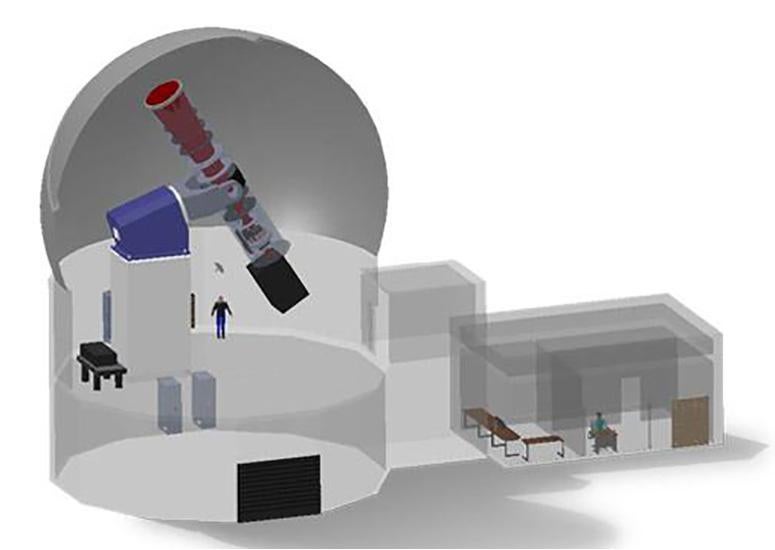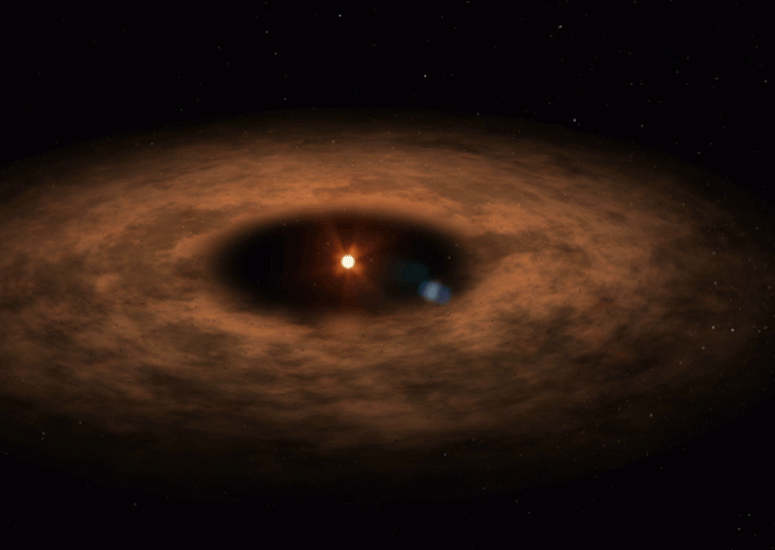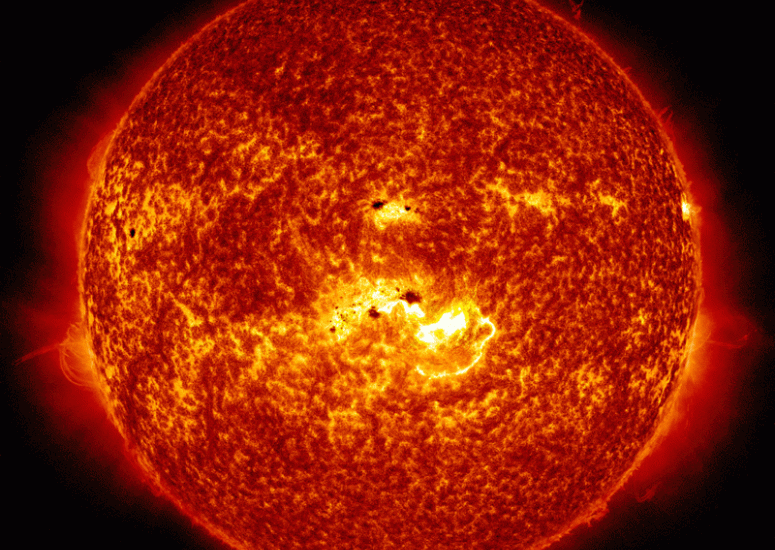-

NSF approves funding for next stage of NCAR’s new solar observatory
NCAR has received funding approval to survey prospective locations for the Coronal Solar Magnetism Observatory (COSMO). This new observatory offers the potential to transform our fundamental understanding of magnetic fields in the Sun’s atmosphere and how they drive the formation of solar eruptions and other space weather that can affect technologies on Earth.
- Sun + Space Weather
-
Holly Gilbert chosen to lead NCAR’s High Altitude Observatory
Gilbert, who currently serves as director for the Heliophysics Science Division at the NASA/Goddard Space Flight Center, will join NCAR October 5.
- Organization,
- Sun + Space Weather
-

Scientists discover a world orbiting a unique young star
Scientists are reporting the discovery of a planet about as large as Neptune that circles a young star, AU Microscopii, in just over a week
- Sun + Space Weather
-

Scientists find clues to solar variability in observations of other stars
Researchers are using data from Sun-like stars to learn more about solar variability
- Climate,
- Sun + Space Weather
-
New ‘Sun clock’ reveals that solar activity turns off and on with surprising precision
Solar scientists have taken a mathematical technique used by Earth scientists to analyze cyclic phenomena, such as the ebb and flow of ocean tides, and applied it to the confounding irregularity of cycles on the Sun. The result is an elegant “Sun clock” that shows that solar activity starts and stops on a much more precise schedule than could be discerned when looking at observations of the Sun in the traditional way – plotted linearly over time.
- Sun + Space Weather
